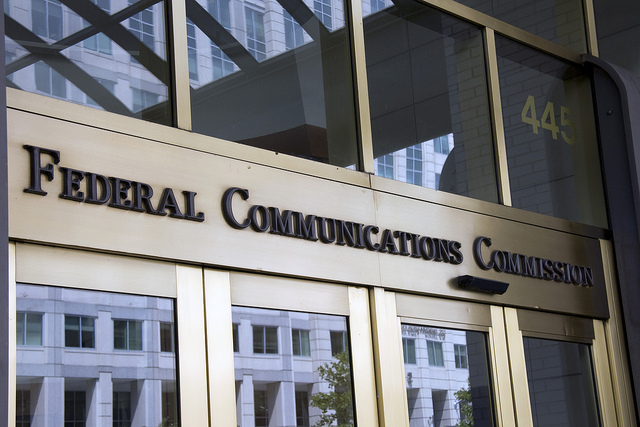A three-judge panel in the Fifth Circuit Court of Appeals supported the validity of the Universal Service Fund (USF) and the agency’s choice to assign management of USF services to a third party, giving the Federal Communications Commission (FCC) a significant victory. Blair Levin of New Street Research described the decision as “a pretty unambiguous win for the FCC” after recently alerting the public to the case’s possible effects on the USF.
The USF is supported by contributions from qualified telecommunications operators and consists of four primary programs meant to fill connection gaps in various places. Since 1998, the FCC has depended on a private organization, the Universal Service Administrative Company (USAC), to help manage USF operations. USAC’s duties include, among others, obtaining information from carriers to compute contribution rates and proposing a quarterly budget to the FCC for the USF.

In court, Consumers’ Research et al argued USF and the subsequent delegation of its administration were unconstitutional because Congress failed to provide adequate direction. But the Fifth Circuit rejected that assertion.
“Petitioners maintain that Congress has not articulated any guidance to the FCC in its administration of the USF—and that this failure violates the nondelegation doctrine. We disagree,” the judges wrote. “Congress passed § 254 for the express purpose of preserving and advancing universal telecommunications services… Ultimately, in enacting § 254, Congress chose to ‘confer substantial discretion’ over administration of the USF to the FCC.”
The court also supported the FCC’s decision to assign USAC certain duties. The judges rejected Consumers’ Research et alargument .’s that the FCC had broken the private non-delegation doctrine. They noted that “USAC does not possess the same type of broad rulemaking authority—instead, it submits a number of suggestions to the FCC based on expert analysis, which are not enforceable until the FCC accepts them.”
In a recent statement, analyst Jonathan Levin stressed the perilous impact the Fifth Circuit case could have on the Universal Service Fund (USF), highlighting that millions of households could be at risk of losing essential financial support if the court deems the program unlawful. Levin’s warning comes amidst rising concerns over the future of the USF, a federally-funded initiative that provides financial assistance to help communities gain access to modern telecommunication services.
In an interview, Levin elaborated further, indicating that two other cases from the Sixth and Eleventh Circuits have yet to be determined. This suggests that the risk of the USF’s potential demise still remains. Despite this, Levin noted that the recent ruling in the Fifth Circuit case has alleviated some of the concerns surrounding the USF’s future, and expressed hope that the program will continue to provide vital support to households in need.


